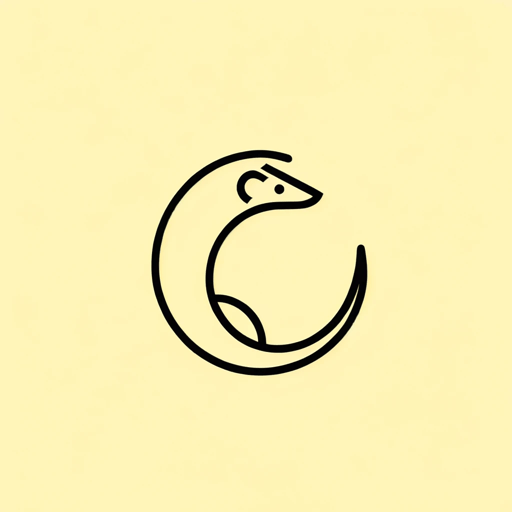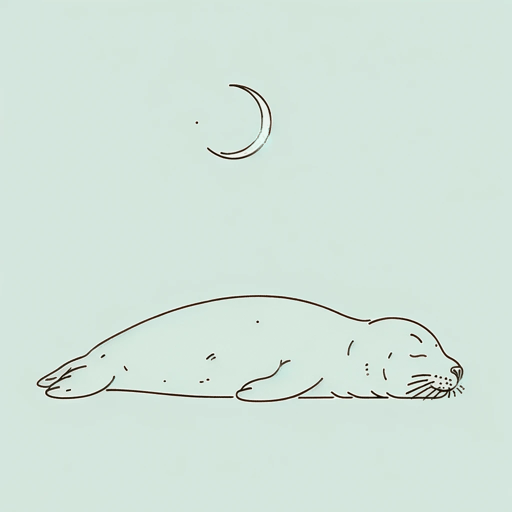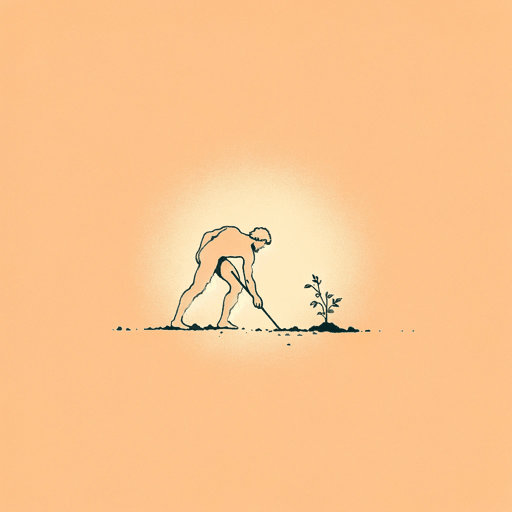50 pages • 1 hour read
Rudyard KiplingThe Jungle Book
Fiction | Short Story Collection | Middle Grade | Published in 1894A modern alternative to SparkNotes and CliffsNotes, SuperSummary offers high-quality Study Guides with detailed chapter summaries and analysis of major themes, characters, and more.
Important Quotes
Content Warning: The following section of the guide contains discussions of racism.
“Lie still, little frog. O thou Mowgli, for Mowgli, the Frog, I will call thee, the time will come when thou wilt hunt Shere Khan as he has hunted thee! (13).”
(“Mowgli’s Brothers”, Page 13)
Mother Wolf names Mowgli after a frog and makes a prophecy that he will one day kill Shere Khan. The use of archaic diction such as “thou” gives these stories an elevated tone, aligning them with ancient tales from mythology or the Bible. Mother Wolf’s prediction that Mowgli will eventually hunt Shere Khan creates a sense of irony. Shere Khan’s pursuit of Mowgli, who appears small and weak, will actually be the cause of his demise.
“Everybody knew Bagheera, and nobody cared to cross his path; for he was as cunning as Tabaqui, as bold as the wild buffalo, and as reckless as the wounded elephant. But he had a voice as soft as wild honey dripping from a tree, and a skin softer than down.”
(“Mowgli’s Brothers”, Page 19)
This description of Bagheera compares his predatory and his comforting traits, evoking his role as Mowgli’s gentle protector who is also a particularly dangerous wild animal. While Bagheera has traits that make him a terrifying foe, his sweet voice and soft fur make him a suitable friend for a child, making him an archetypal figure of the children’s literature genre. Bagheera’s description conveys that animals value persuasive ability and intelligence as well as hunting prowess.
Related Titles
By Rudyard Kipling

If—
Rudyard Kipling

Kim
Rudyard Kipling

Lispeth
Rudyard Kipling

Rikki Tikki Tavi
Rudyard Kipling

Seal Lullaby
Rudyard Kipling

The Conundrum of the Workshops
Rudyard Kipling

The Man Who Would Be King
Rudyard Kipling

The Mark Of The Beast
Rudyard Kipling

The White Man's Burden
Rudyard Kipling

